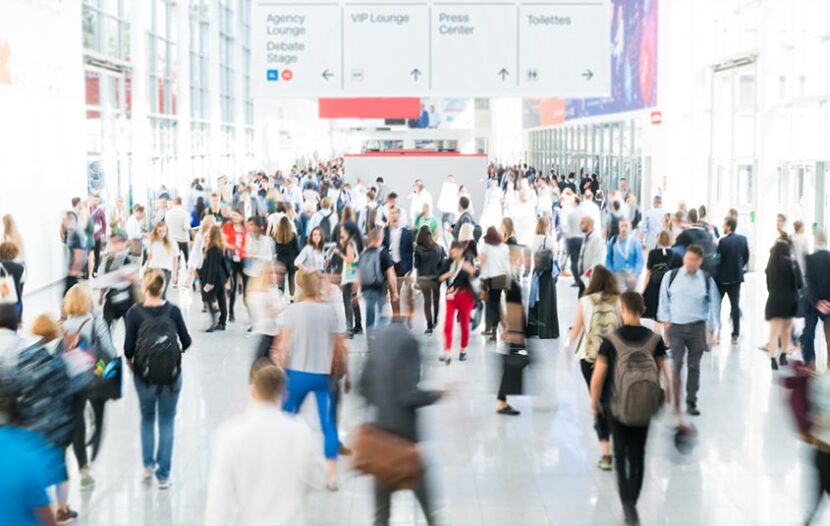LONDON — The World Travel & Tourism Council (WTTC) has issued a statement in response to global travel restrictions imposed on travellers from China, which is currently seeing a surge of COVID-19 cases.
Despite reopening its borders earlier this week after three years and eliminating quarantines for travellers from abroad, so far only a fraction of international flights are arriving at major Chinese airports. Beijing’s main Capital International Airport was expecting eight flights from overseas on Sunday, while Shanghai, China’s largest city, received its first international flight under the new policy at 6:30 a.m. on Jan. 8, with only a trickle of others to follow.
Foreign governments, including Canada and most recently Germany, Sweden and Portugal, have imposed testing requirements on travellers from China.
As of Jan. 5, travellers coming to Canada from China are required to show proof of a negative COVID-19 test taken no more than 48 hours prior to departure to enter the country. The requirements apply to all travellers aged two and older on Canadian-bound flights originating from China, Hong Kong or Macao. According to the federal government, the temporary measure, which will be in place for 30 days, was made “in response to the surge of COVID-19 in the People’s Republic of China and given the limited epidemiological and viral genomic sequence data available on these cases.”
Following a statement made by IATA last week, in which Director General Willie Walsh criticized global “knee-jerk reinstatement of measures,” WTTC President & CEO Julia Simpson said:
“After nearly three years, it is great news that China is finally opening up. Chinese visitors around the world contributed U.S.$ 253 billion to the global economy in 2019, creating jobs and boosting regional economies. The recovery of the Chinese Travel & Tourism sector is very welcome. Introducing knee-jerk travel restrictions shows Governments have learned nothing about the behaviour of this virus and continue to ignore the World Health Organisation’s advice that border restrictions do not stop the virus mutating or moving around the globe. The reintroduction of ineffective COVID testing to Chinese travellers is a step backwards for the global Travel & Tourism sector.”
The uncertainty around China‘s COVID crisis comes as health officials around the world are scrambling to protect their own populations from possible new mutations, which could emerge as the virus sweeps through China‘s 1.4 billion residents. The UK and France have joined Canada, India, the United States, Japan, Italy and Taiwan in imposing mandatory COVID-19 tests for travellers from China as the World Health Organisation urged Beijing to provide more data and regular updates on the country’s alarming coronavirus situation being reported by non-government individuals, after China scrapped its zero-Covid policy. Just days after Italy began testing arrivals from China, it was found that 50% of passengers tested positive for COVID-19 at the Milan airport, indicating the spread of infection in China. The health authorities are sequencing the Milan tests to see if there are new variants.
Concerned about its reputation, China says the testing requirements aren’t science-based and has threatened unspecified countermeasures.
Chinese health authorities publish a daily count of new cases, severe cases and deaths, but those numbers include only officially confirmed cases and use a very narrow definition of COVID-19-related deaths.
Authorities say that since the government ended compulsory testing and permitted people with mild symptoms to test themselves and convalesce at home, it can no longer provide a full picture of the state of the latest outbreak.
Government spokespeople have said the situation is under control and reject accusations from the World Health Organization and others that it is not being transparent about the number of cases and deaths, or providing other crucial information on the nature of the current outbreak that could lead to the emergence of new variants.
Despite such assertions, the Health Commission on Saturday rolled out regulations for strengthened monitoring of viral mutations, including testing of urban wastewater. The lengthy rules called for increased data gathering from hospitals and local government health departments and stepped-up checks on “pneumonia of unknown causes.”
With file from The Associated Press

